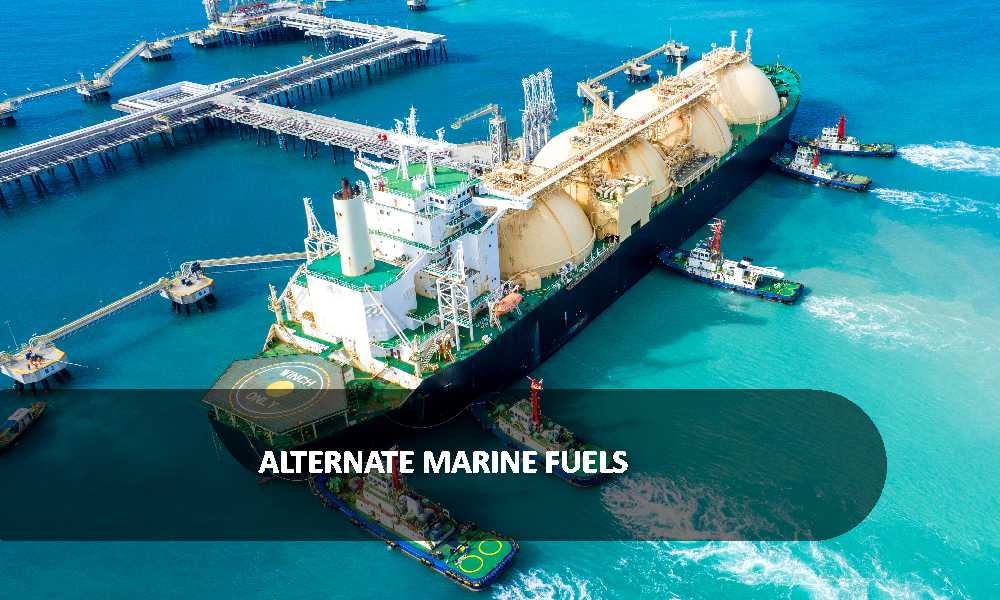
Aims:
- To provide participants with a comprehensive understanding of the transition from conventional fuels to alternate/green marine fuels and its implications for shipping and port operations.
- To create awareness of international regulations, including IMO decarbonisation strategies and environmental mandates related to the use of alternate fuels.
- To highlight the safety challenges, inspection regimes, and training requirements associated with various alternative marine fuels.
Objectives:
Upon successful completion of this course, participants will be able to:
- Explain the role of the shipping industry in global economics and its contribution to greenhouse gas (GHG) emissions.
- Identify the key drivers and global regulations promoting the use of alternative fuels in maritime transport.
- Describe various types of alternative marine fuels, their characteristics, and applicability in the maritime sector.
- Evaluate the operational, safety, and environmental considerations of each fuel type.
- Understand the importance of specialised training for both ship and shore-based personnel handling green fuels.
- Recognise changes in inspection and compliance frameworks, including Port State Control (PSC) and SIRE 2.0.
- Compare the advantages and disadvantages of different alternative fuels in the context of technical feasibility, safety, and emissions reduction.
Course Modules:
Module 1: Introduction and Overview of Green Shipping
Module 2: Impact of Shipping on Greenhouse Gas Emissions (GHG)
Module 3: Overview of Safety and Best Practices
Module 4: Liquefied Natural Gas (LNG) as Marine Fuel
Module 5: Hydrogen and Marine Systems
Module 6: Methanol and Biomethane (Biogas) for Marine Use
Module 7: (Bio) Ethanol in Marine Systems
Module 8: Biodiesel for Maritime Application
Module 9: Ammonia as Marine Fuel
Module 10: Battery-Powered Marine Systems
Module 11: Alternative Marine Fuels – Summary and Comparison
- Teacher: AIMS MARITIME

